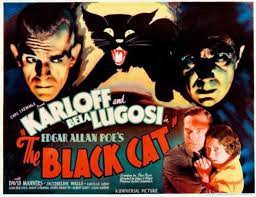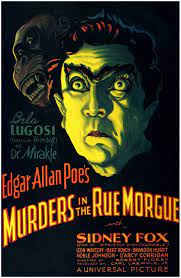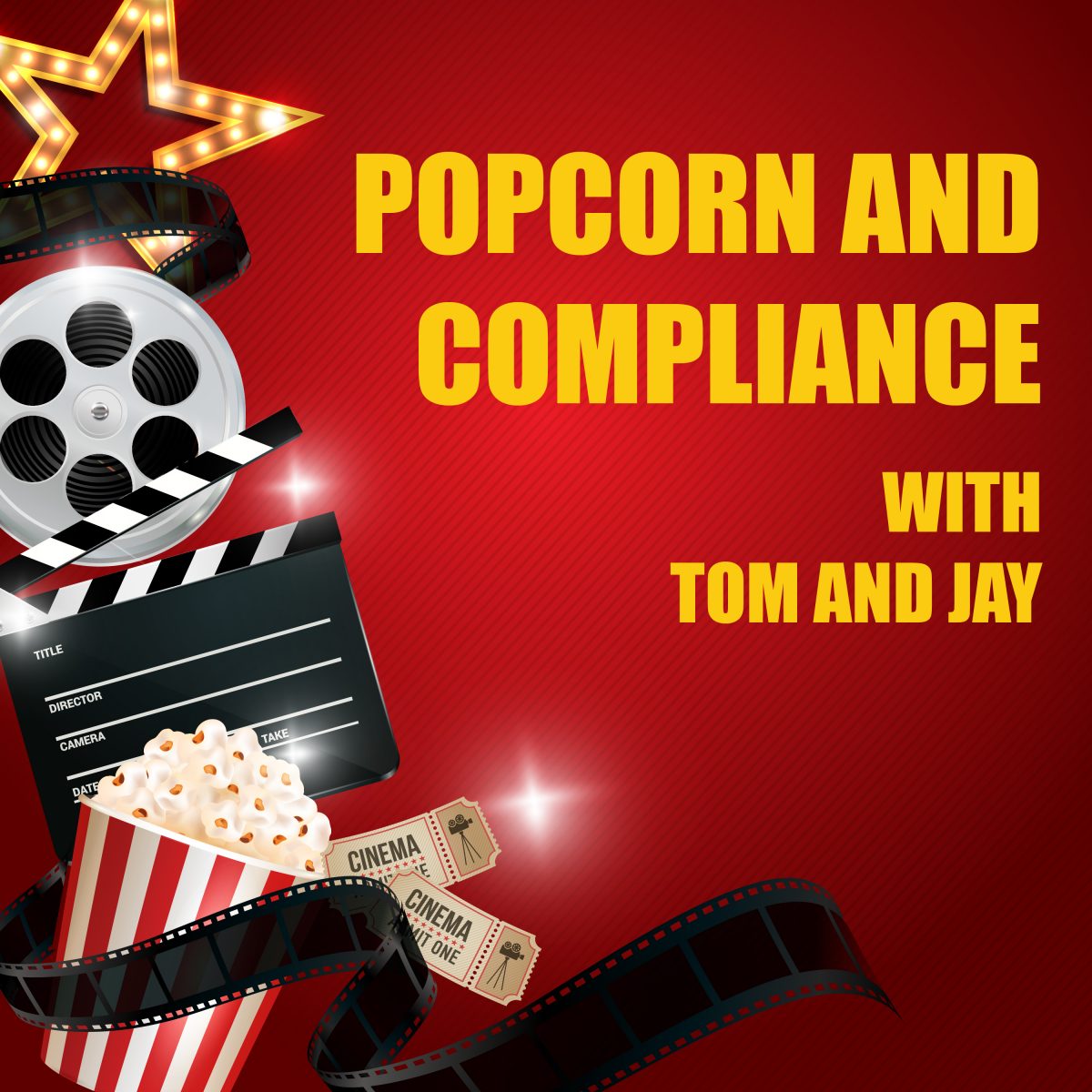Tom Fox is back with his Classic Monster Movie Month, where he reviews a Classic Monster Movie from Universal Pictures from its Classic Monster Movie era of 1931 to 1947. This year, he wants to take a look at some of the lesser-known movies and mine them for both leadership and ethical lessons. He continued his journey of Edgar Allen Poe-themed movies with the 1934 Bela Lugosi and Boris Karloff class The Black Cat.
Classic monster movies have long captivated audiences with their thrilling plots, iconic characters, and spine-chilling moments. However, beyond the scares and special effects, these films often contain deeper themes that explore ethical implications and leadership. In this episode of “Popcorn and Compliance,” Tom Fox focuses on the Universal Pictures classic monster movie “The Black Cat” and the valuable insights it provides into ethical decision-making.
“The Black Cat,” delves into a variety of ethical dilemmas and explores themes such as revenge, respect for others’ beliefs, avoiding harm, empathy, accountability, and the danger of blind obedience. While the film is known for its eerie and gruesome content, it offers a unique perspective on the complexities of ethical decision-making and the consequences of our actions.
One of the key takeaways from “The Black Cat” is the reminder that ethical dilemmas can arise even in the most extreme circumstances. The characters in the film find themselves in horrifying and morally ambiguous situations, highlighting the difficult decisions that leaders may face in real life. Leaders must carefully consider moral principles and navigate complex situations with integrity.
The film also serves as a cautionary tale about the destructive consequences of revenge. The pursuit of revenge by the characters in “The Black Cat” leads to a series of tragic events, emphasizing the importance of letting go of vengeful feelings and seeking peaceful resolutions. This theme reminds us of the potential harm that can come from harboring negative emotions and the need to consider the long-term consequences of our actions.
Respecting the beliefs and cultures of others is another ethical lesson that can be drawn from “The Black Cat.” The film features elements of superstition and the occult, highlighting the importance of open-mindedness and sensitivity to diverse backgrounds and perspectives. This lesson is particularly relevant in today’s globalized world, where leaders must navigate multinational companies and work with teams from different cultures.
Avoiding harm to others is a fundamental ethical principle that is depicted in the film. “The Black Cat” showcases actions that cause harm to innocent people, reminding us of the importance of considering the potential consequences of our actions on individuals and society as a whole. Leaders must prioritize the well-being of others and make decisions that minimize harm.
While empathy may not be a central theme in “The Black Cat,” it is an ethical quality that can be emphasized. Leaders should cultivate empathy for their team members, understanding their needs, concerns, and emotions. This can lead to a more compassionate and ethical leadership approach, fostering a positive work environment and promoting the well-being of employees.
Accountability for one’s actions is another key lesson that can be derived from the film. In “The Black Cat,” the characters face the consequences of their actions, highlighting the importance of taking responsibility for one’s actions and being accountable for the outcomes, even if they are unintended or unfavorable. Ethical behavior requires individuals to own up to their mistakes and learn from them.
Finally, “The Black Cat” warns against the danger of blind obedience to authority figures. The film portrays instances of blind obedience, emphasizing the need for critical thinking and the courage to question authority when necessary, especially when it involves unethical or harmful actions. Ethical decision-making requires individuals to think independently and consider the broader implications of their actions.
While “The Black Cat” may not have been primarily intended to convey ethical lessons, it offers valuable insights into ethical decision-making and leadership. Tom Fox, the host of “Popcorn and Compliance,” encourages viewers to watch the movie and draw their lessons from this classic Universal monster movie.
In conclusion, classic monster movies like “The Black Cat” provide a unique lens through which to explore ethical implications and leadership. By examining the ethical dilemmas, consequences of revenge, respect for others’ beliefs, avoiding harm, empathy, accountability, and the danger of blind obedience depicted in these films, viewers can gain valuable insights into ethical decision-making and leadership. As compliance professionals, it is essential to consider the impact of our actions and make ethical choices that prioritize the well-being of others. So, grab some popcorn, watch “The Black Cat,” and discover the ethical lessons hidden within this classic monster movie.





